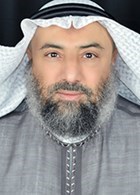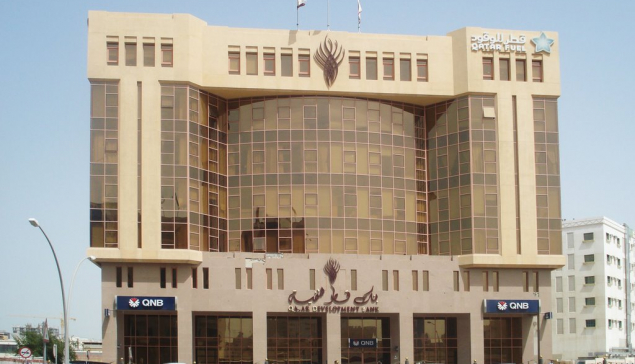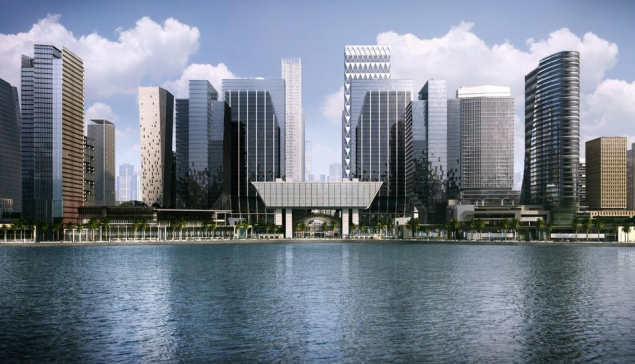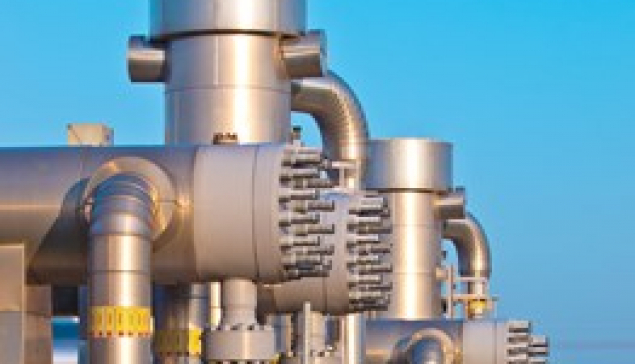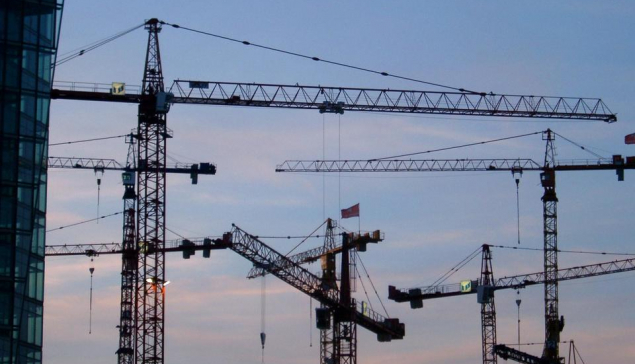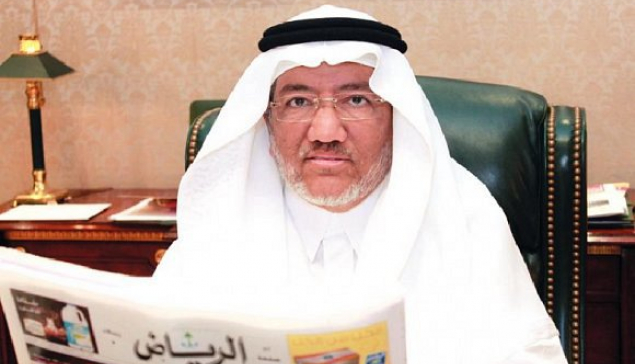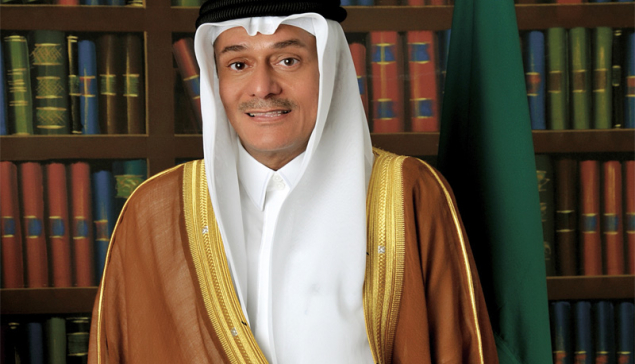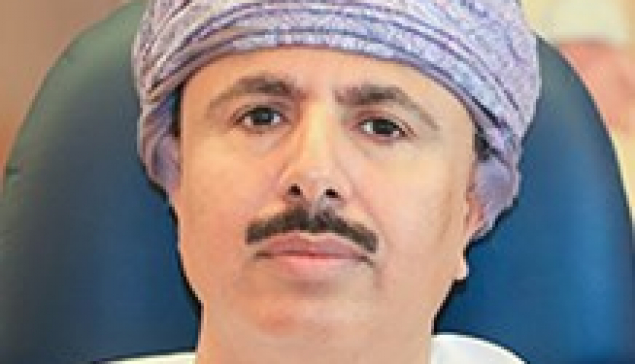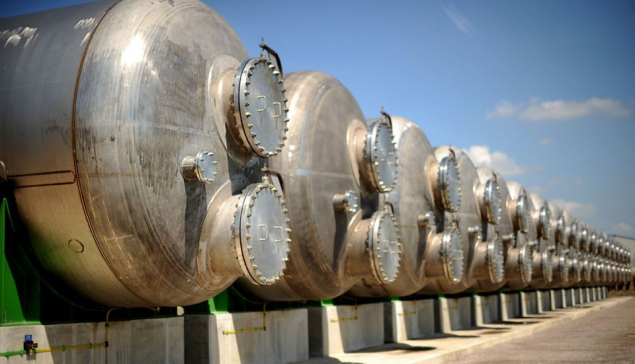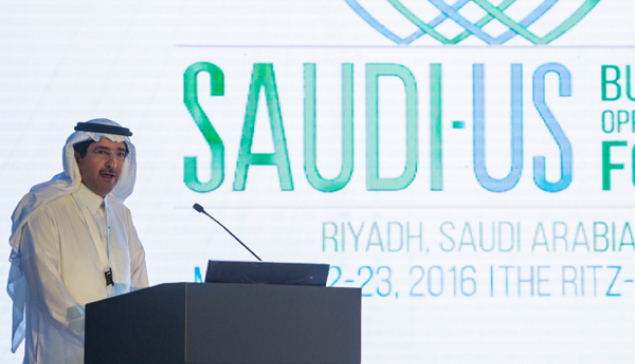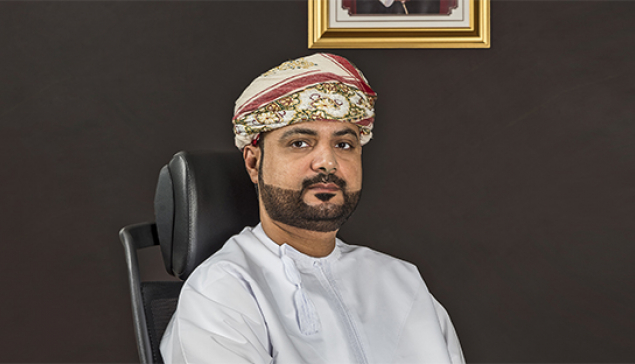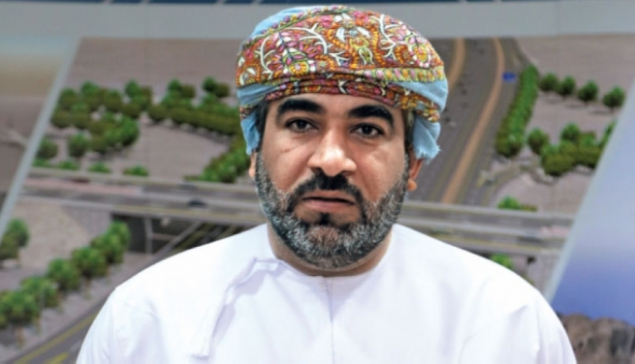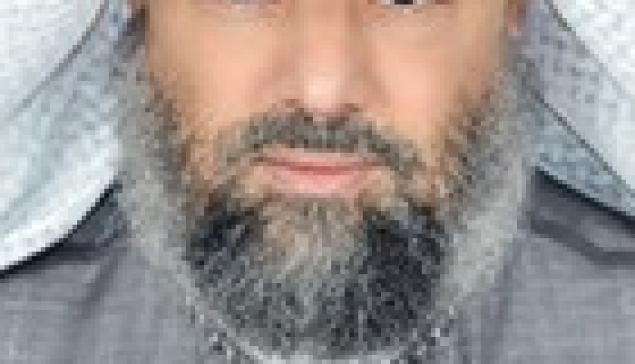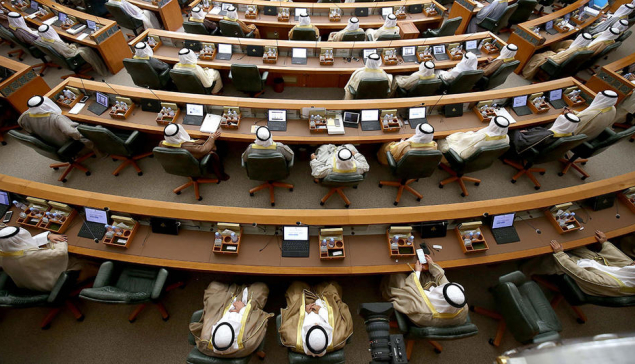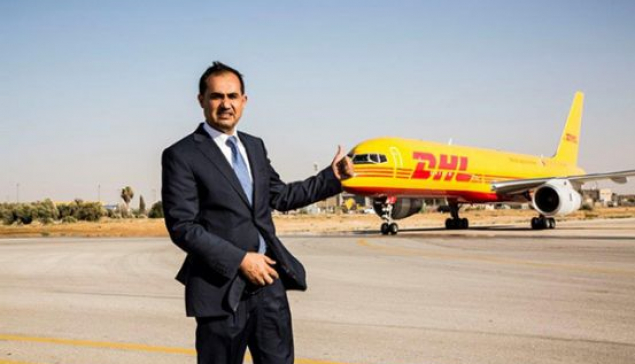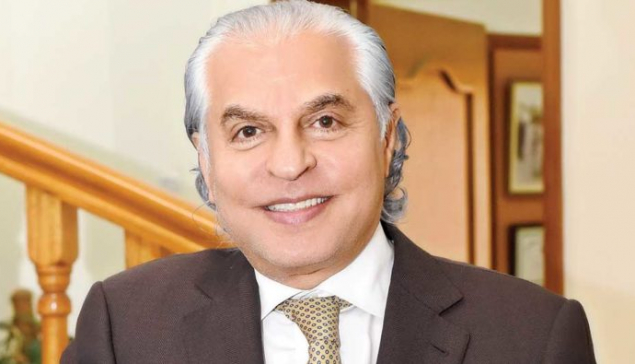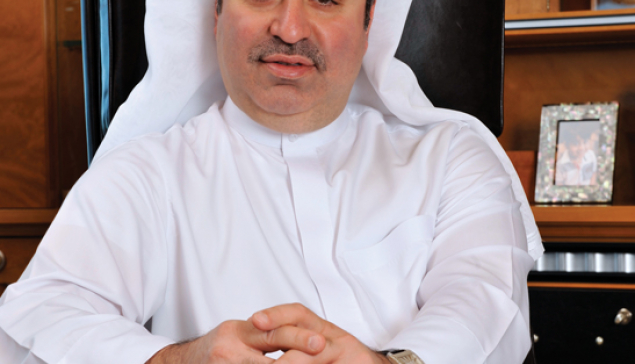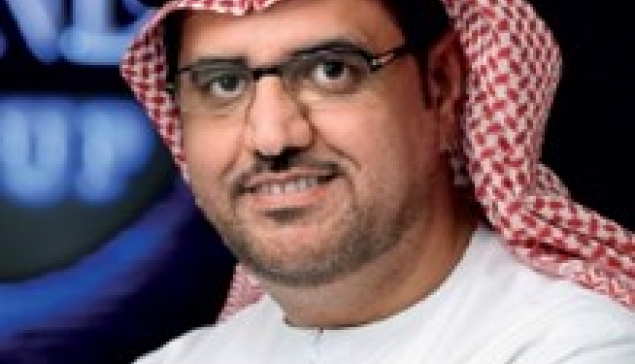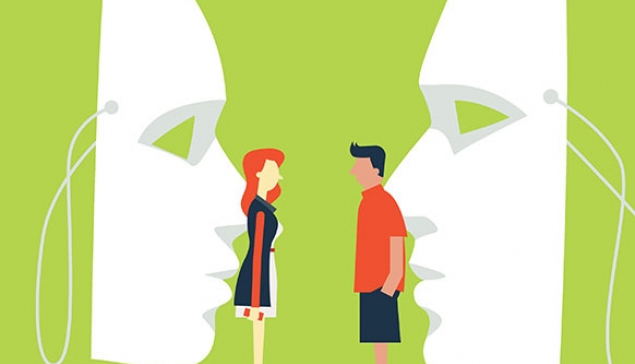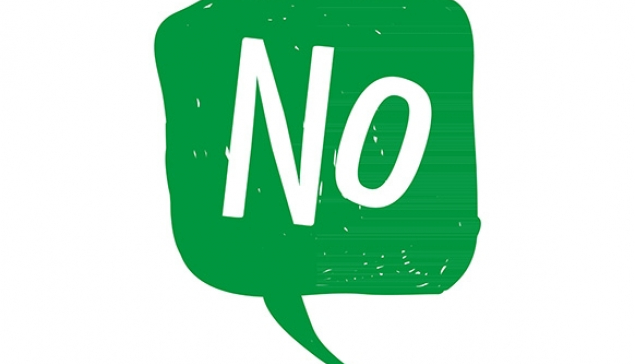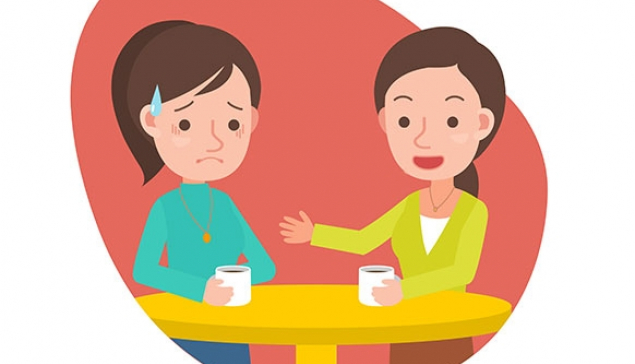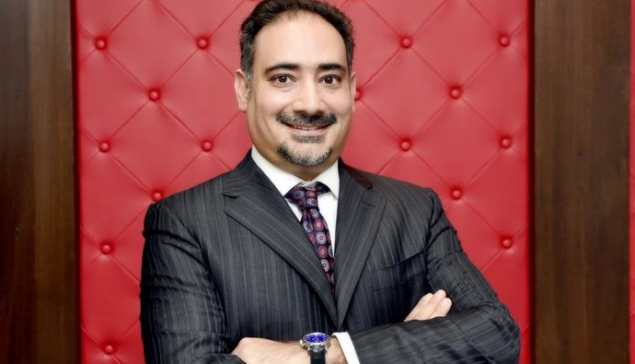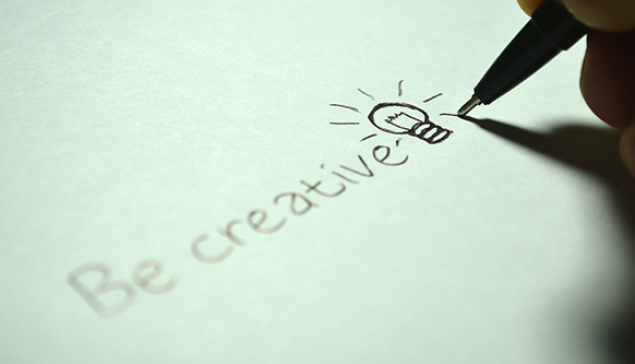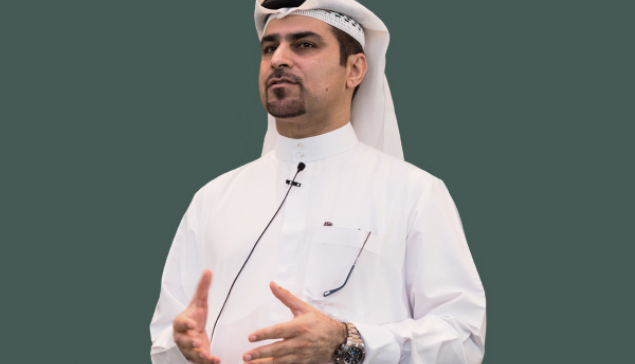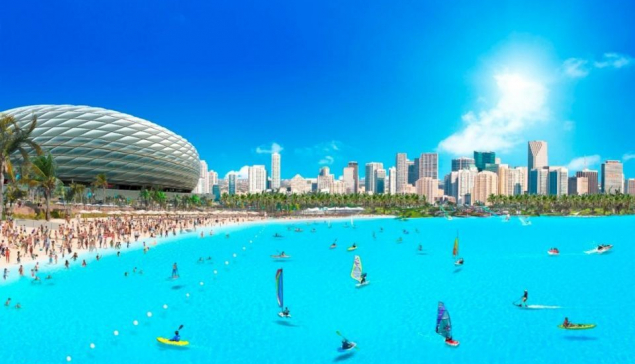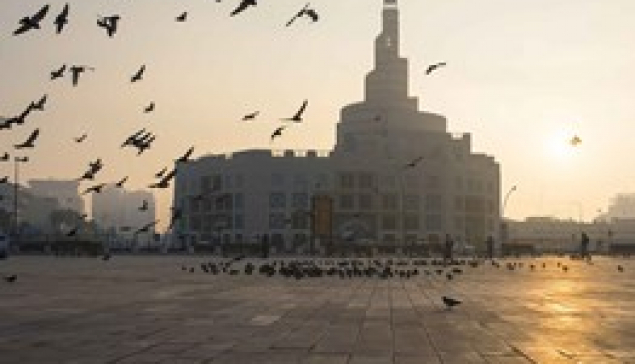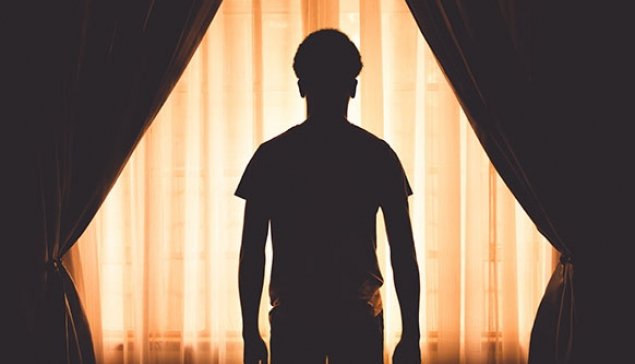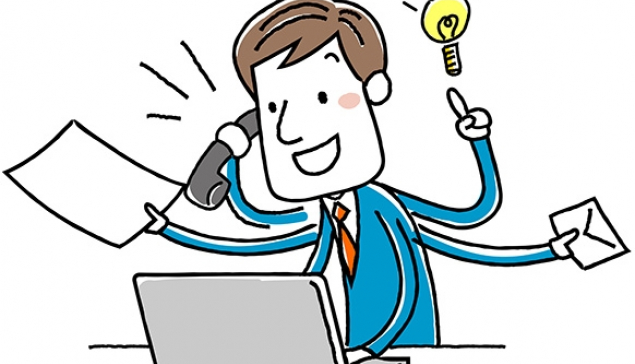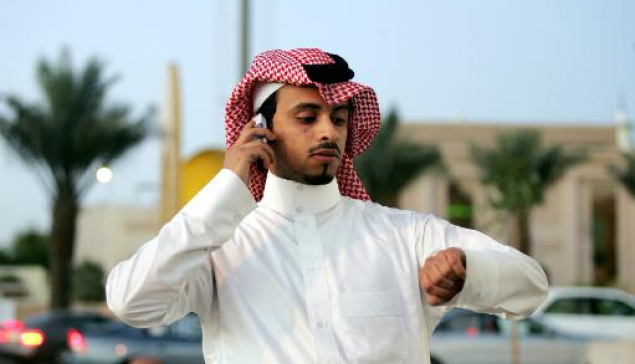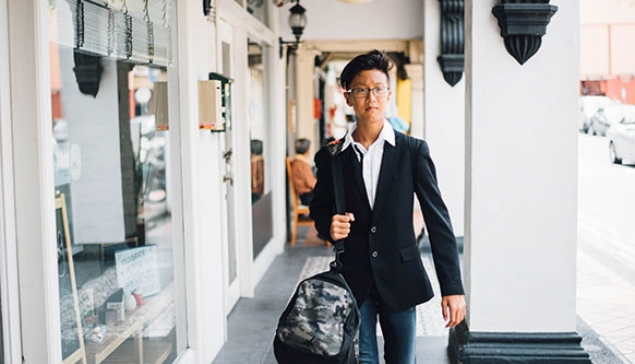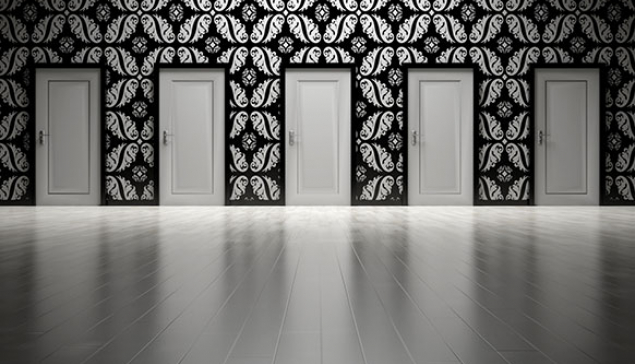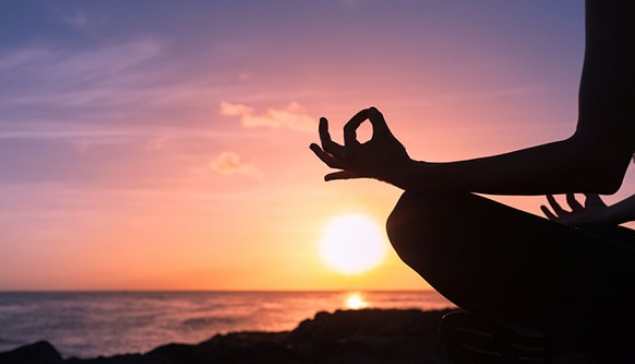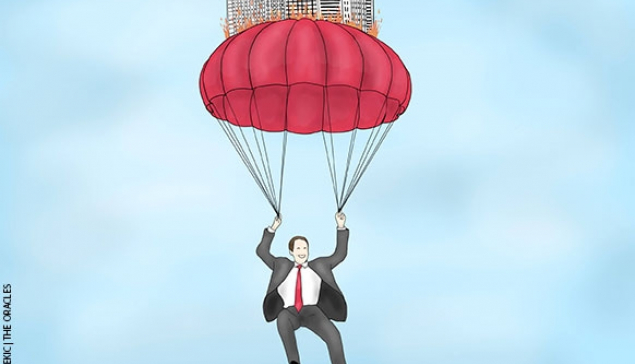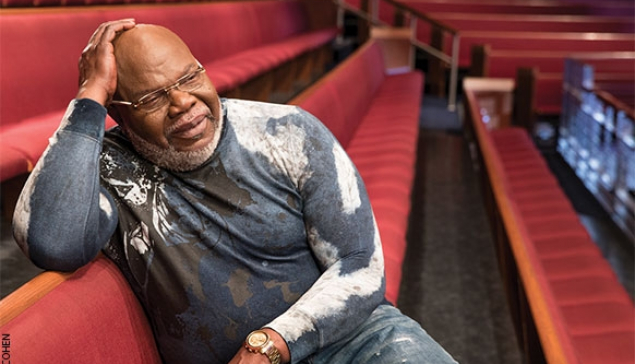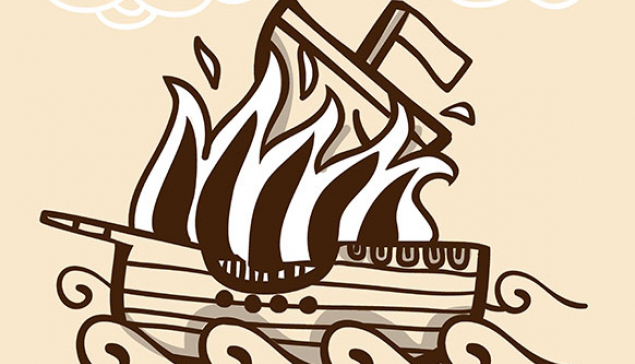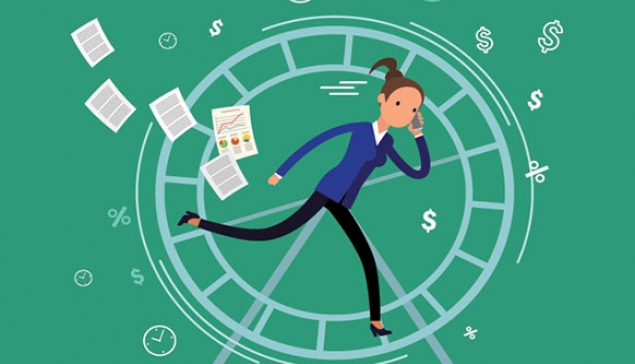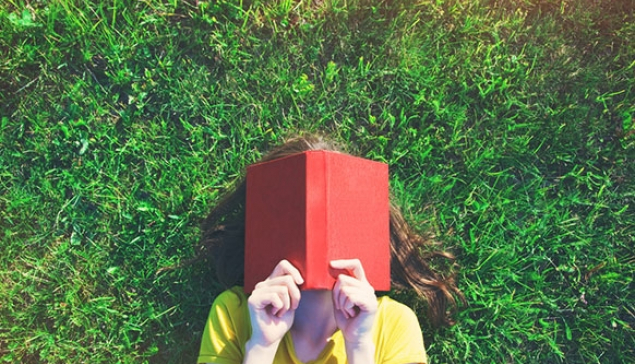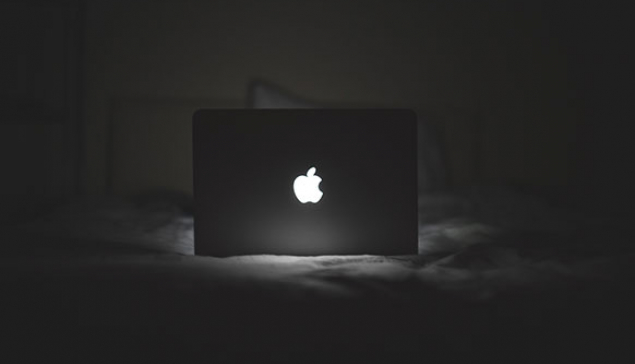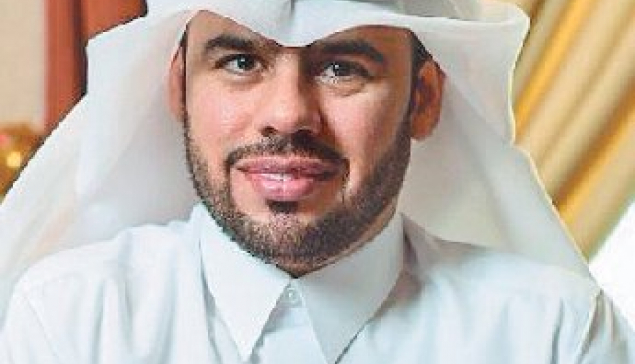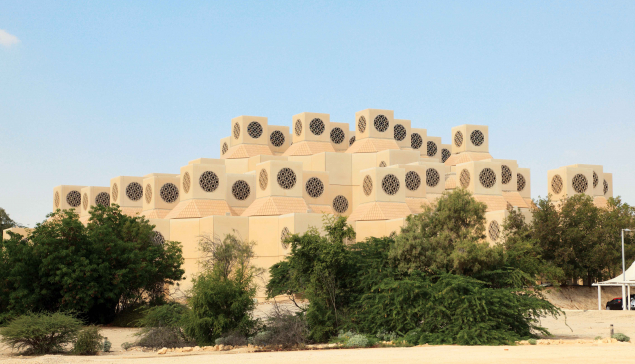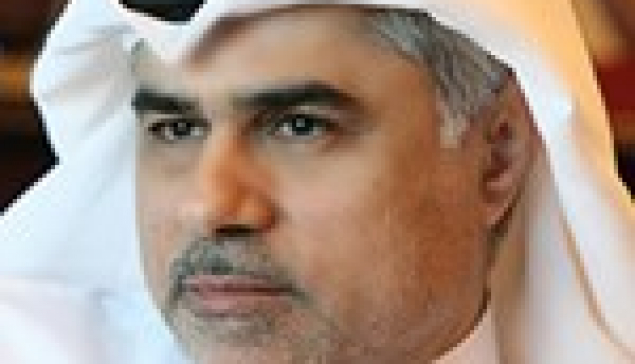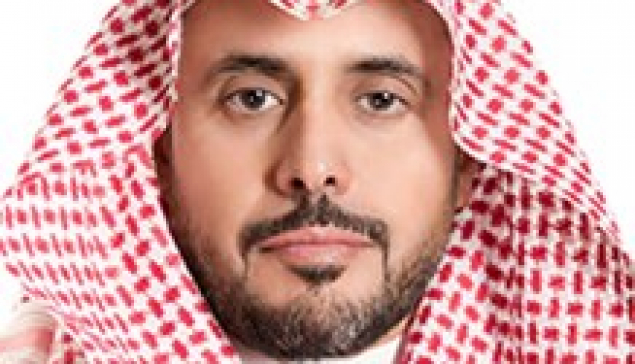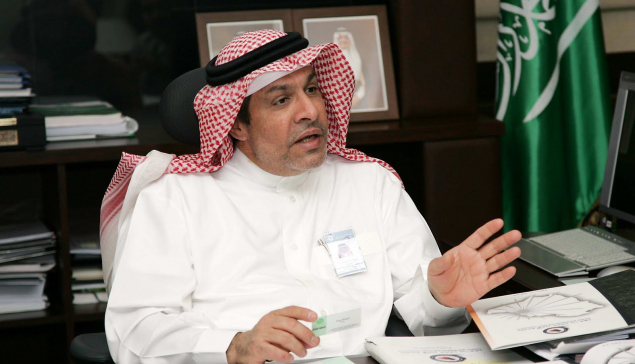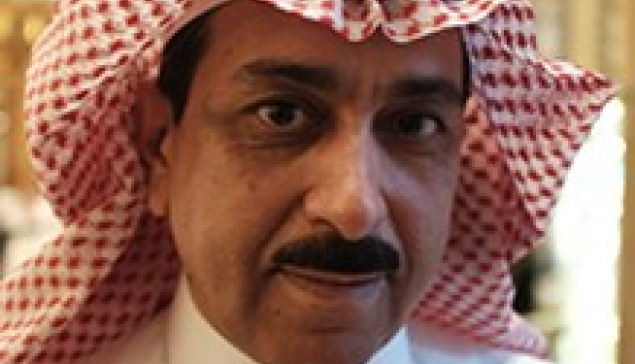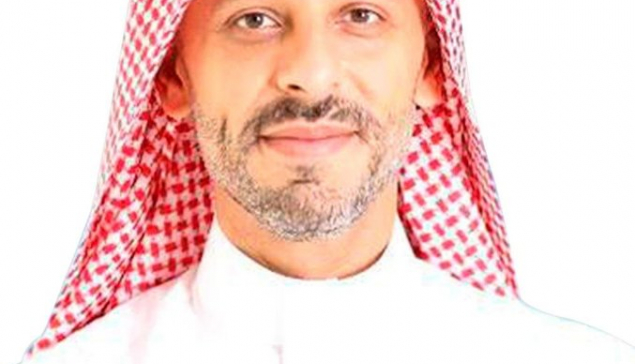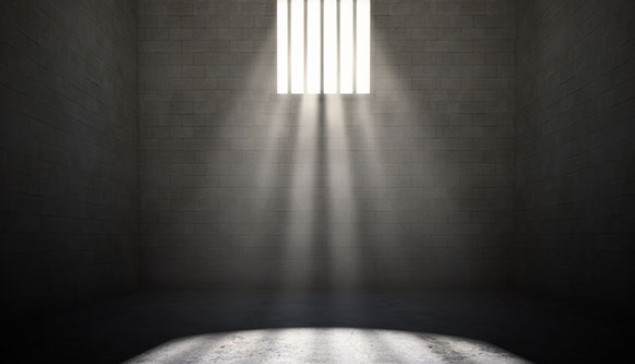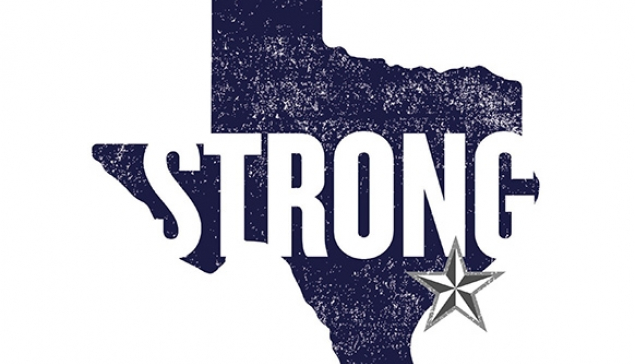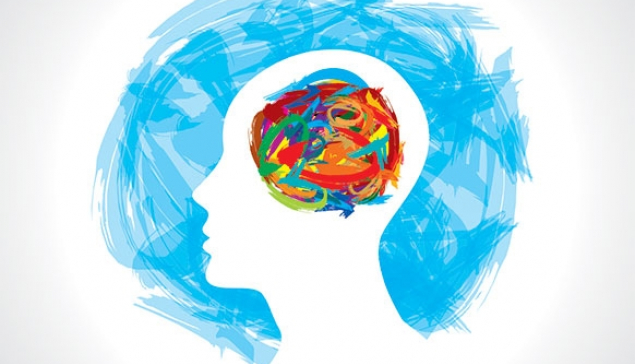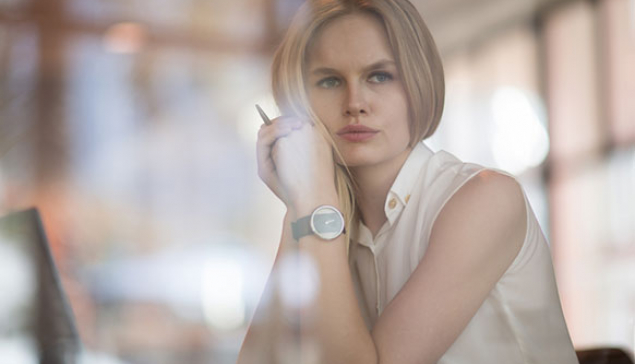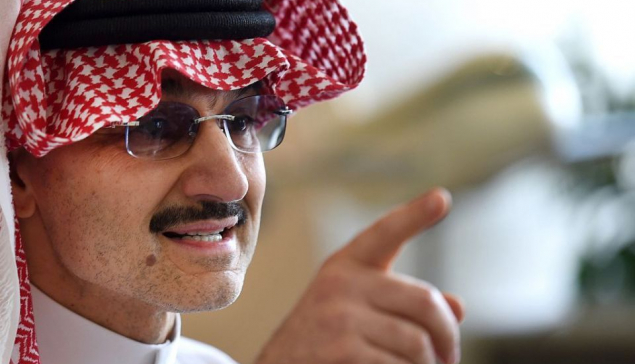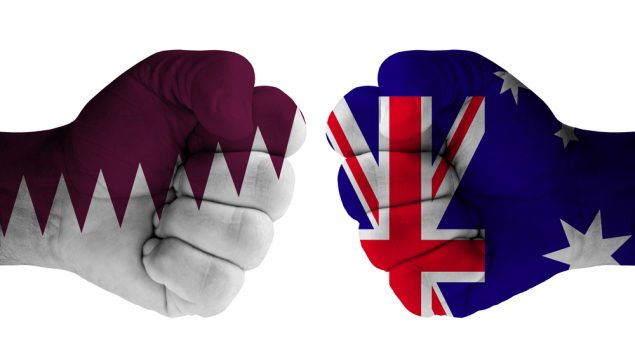How did you and your company Dr Fadil Fuad Basyyoni Group (DFBG) get involved in environmental issues in Saudi Arabia?
Some 15 years ago there was very little awareness about environmental issues from business in the MENA region. There was only activity in certain aspects of the sector, such as city cleaning and waste management, collection, and disposal. The total picture in terms of wider environmental issues, such as air pollution, green energy, and glass recycling had a low level of awareness here. Typically when you live in a luxury environment you create waste but you do not deal with it. Europe started looking at the way it treats waste because they started having a problem with it. There was no space for the waste being created and they had to decide what to do with it in terms of landfills and taking care of it using other solutions. Saudi Arabia also started looking at these solutions. Dr Fadil Fuad Basyyoni Group (DFBG) talked to the government authorities about taking aggressive actions to do this. We started with the decision makers and then made various presentations to help educate the legislators and public about the importance of environmental management; hence a waste management and classification regulation was passed in Saudi Arabia. Saudi Arabia does not have a problem with space, but it does have an issue of how to deal with its waste. There were problems with open areas containing dumpsters because the country did not have any landfills. The groundwater was becoming polluted and people living in certain areas were suffering a range of problems. In response the government built proper landfills, but these were costly to engineer and run it therefore became feasible to do recycling and some companies started working in this field. Initially they were not experts, they just collected items and sold them to places countries such as China. As understanding grew more advanced recycling solutions came into play here. This is the point where DFBG came in. I am proud to say we were one of the first companies to start working in this sector. We brought in solutions, created contracts, particularly with government authorities, and also worked to find new solutions to environmental problems so that the government knew what to do.
Were you working as a consultancy at this time?
We worked first as a consultancy firm solving waste management problems. Then we had the idea of turning this waste into revenue for the government. For example, Jeddah creates about 7,000 tons of waste per day and this goes up to 10,000 tons per day during periods like Hajj and Ramadan when so many extra people visit the city. This is a huge amount of waste, although it is about average or just above average by worldwide per capita standards.
How have you been taking this waste and turning it into a business?
For example, we went to Jeddah municipality and set out the kinds of waste they have and what it costs them. We told them we could turn it into revenue for the municipality. We offered to build a factory to turn waste into energy using the build, operate, transfer (BOT) model. We came up with a solution using plasma technology to transform 3,000 tons of waste per day into almost 100MW of power. The difficulty we face is that electricity tariffs are very low in Saudi Arabia as they are subsidized by the government. As we are now looking to Saudi Arabia's Vision 2030 this type of project to create green energy should work.
Do you think Vision 2030 has created a new era for renewables and green solutions?
I think the Vision 2030 itself is a very good tool, but it does not contain that much of an explanation about environmental proposals. We wanted the details to be in the Vision. Now I think the government is adopting a new approach to push the environmental agenda more. We want to see practical projects and investment happening in real life for green energy, recycling, and revenue from waste, and not just studies being done. Waste can provide a very good return as a new income source. We can either turn it into green energy or sell recycled materials to factories with a competitive price. Vision 2030 is a good tool, but we need very good KPIs to manage the Vision and give it life in a practical sense.
What are the main subsidiaries and lines of business DFBG will be focusing on?
We are establishing a company for implementing new ideas with a private not-for-profit organization in Saudi Arabia. We are doing a project together at the moment to establish recycling programs in every city. Part of the recycling scheme will be not -for-profit, and some will be to create profits for the partners. This project will be focused on electronic, plastic, and cardboard recycling with a different approach. We will be approaching homes and owners of waste to offer them solutions, including collecting waste, and recycling. We are also trying to revive our waste to energy project, because with the change in governmental approach and Vision 2030, I think this project will be feasible now.
Is DFBG intending to get involved in managing petrochemical waste in places like Jubail and Yanbu industrial cities?
We go to them as a consultant. They always ask us for help. We are one of the closest consultants for Saudi Aramco and Jubail and Yanbu. We do EIA studies, modeling, and find solutions to environmental problems and waste management. This is more in a consultancy role. There are projects there already to take care of the waste. However, I am particularly against using incineration for waste management as it shifts the environmental problem from solid to air. In fact many countries ban incineration of waste now because it is harmful to the environment. So we have to find better options. There are companies in places like Japan and the US that are doing very good work now on alternative solutions, such as plasma technology. It is a little bit more costly.
What are your expectations at DFBG for 2017?
It is very hard to answer this question. Everybody is saying we will have a bad year in 2017. I am saying no, what we will have is a consolidating year. This means we need to work hard to improve our own technologies and procedures. Sometimes in business you have to slow down a little bit. This is a marathon and not a sprint, and we are running at a slow pace at the moment, but at least we are still running. We are still moving forward and I think we will be winning again very soon.
- Super User
- Trade & Services
- Hits: 6022
